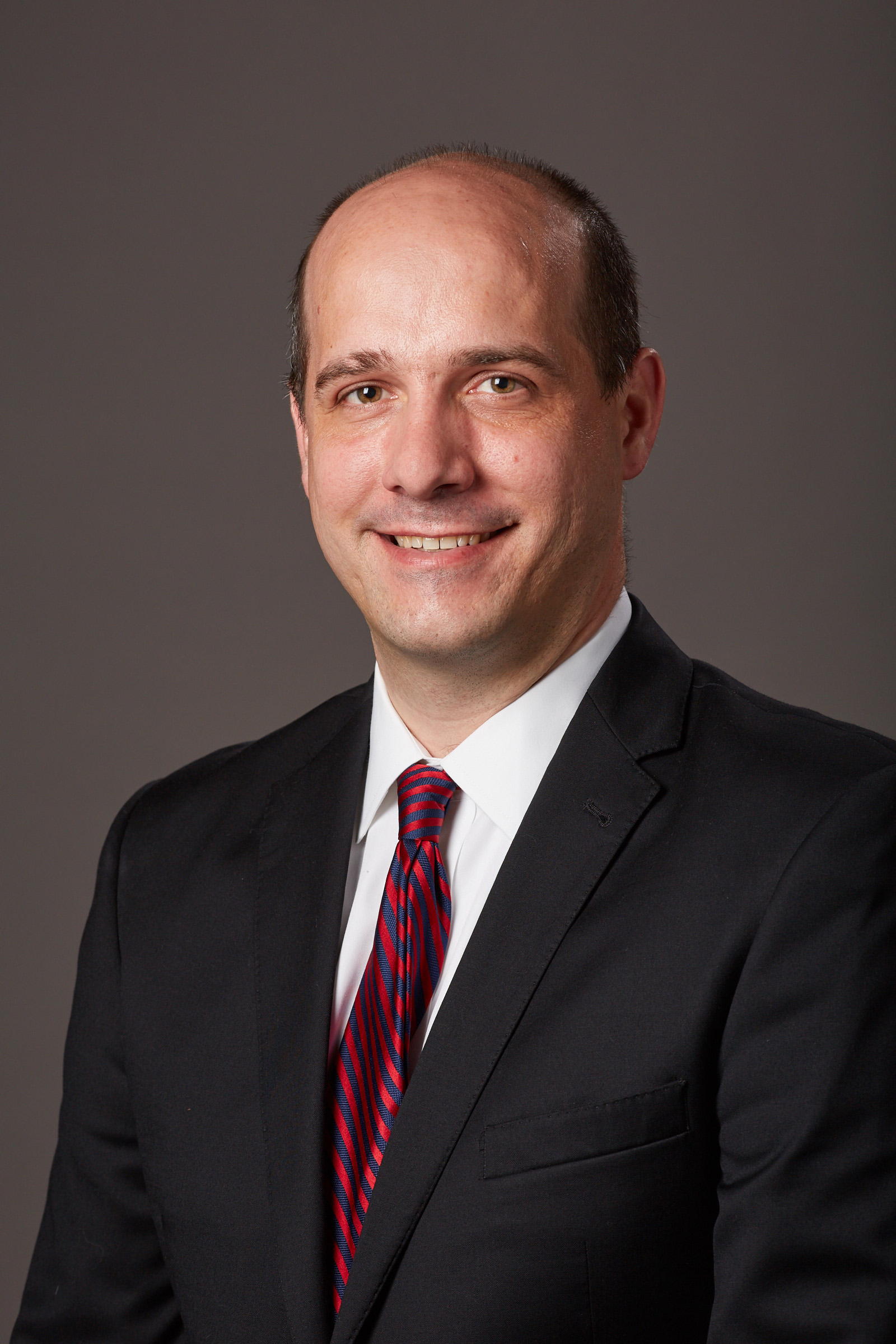Research demonstrates that about 80% of variation in health outcomes is determined by socioeconomic and environmental conditions–such as access to health care, affordable housing, and clean air - rather than direct clinical care. Should doctors therefore receive advocacy training during residency, to provide them with the skill set needed to influence the laws, policies, and programs that can cause or remedy such conditions?
For Yale School of Medicine (YSM) postdoctoral fellow Benjamin Howell, MD, MPH, the answer is yes. In academic year 2016-17, Howell served as the chief resident for advocacy and community health in the Yale Primary Care Internal Medicine (PCIM) residency program. Among the core beliefs of the program is the recognition that “social and psychological determinants play large parts in our patient’s health.”
Starting in 2015, Tracy Rabin MD, SM, associate program director for global and community health, and Julie Rosenbaum, MD, chief of internal medicine and acute care at Yale Health, developed a robust longitudinal curriculum in community engagement for the PCIM residency program. (At the time, Rosenbaum was an associate professor of medicine.) Along with this curricular development, the residency created a chief resident position for advocacy and community health; Howell was the second occupant of this role.

Almost three years ago, driven partially by the practicality of wanting to understand what others were doing in this space and what was working well, Howell, Kristal, Whitmire, Rosenbaum, and Rabin, along with former YSM librarian Mark Gentry, MA, MLS, began a review of the existing literature. They hoped the results would not only assist Yale, but all residency programs that want to develop advocacy curriculum, and also showcase why such curricula are valuable for residency training.
One reason Howell and his co-authors want to draw attention to this issue is that trainees’ interest in advocacy declines during medical residency, perhaps due to time pressures. Because professional attitudes and behaviors are solidified during residency, the authors believe it is not surprising that few doctors maintain an advocacy role after training, despite understanding its importance and wanting to be public advocates. Research shows that residents exposed to advocacy training are more likely to incorporate those activities into future careers.
The systematic review focused on GME advocacy training in the United States and Canada through September 2017. The analysis, already available online, will be published in the November issue of the Journal of General Internal Medicine, as "A Systematic Review of Advocacy Curricula in Graduate Medical Education."
As the systematic review and the PCIM curriculum show, advocacy can take many forms, including Op-Ed writing, public speaking, legislative advocacy, community partnerships for advocacy projects, community organizing, and research-based advocacy. And there can be a wide range of teaching methods, from didactic seminars, to experiential learning through advocacy projects with community partners.
The review analyzes how common factors helped advocacy programs to succeed, such as institutional support, pre-existing faculty experience, and accrediting body requirements for advocacy training. For example, of the 38 studies included, 18 involved pediatric programs, reflecting that since 2001, the ACGME program requirements for pediatrics provide that training must include “ambulatory experiences to include elements of community pediatrics and child advocacy.” A majority of these 18 studies referenced this requirement as part of the reason for creating the training program.
Similarly, the review found common factors leading programs to falter, such as time constraints, competing curricular demands, and turnover - both of faculty and community partners.
The authors also discovered that only 55% of the curricular efforts were evaluated, and even for these, there was no consistent form of evaluation or comparison of different curricula to assess best practices, leading them to state “there is a need for standardization of objectives and assessments to facilitate comparisons across curricula.”
We must teach trainees to identify health problems caused by systemic or structural issues that cannot be solved in the exam room or at the bedside, and to endow them with the skills to confront them.
Jonathan Fried, BA, Scott Shipman, MD MPH, and Laura Sessums, JD, MD
Howell acknowledges that there are some, both within and outside the medical profession, who do not think advocacy training should be part of medical education curricula, believing it is politicized and comes at the expense of rigorous training in medical sciences. Howell, however, notes that advocacy training, even in a more extensive program like Yale’s PCIM program, only consists of 12 hours of advocacy training in the third-year curriculum, a tiny fraction of the overall training. And he emphasizes that the expectation is not that all doctors will engage in advocacy in a particular way, but rather to provide doctors with a range of advocacy tools, should they choose to weigh in on an issue during their career.
Jonathan Fried, BA, Scott Shipman, MD MPH, and Laura Sessums, JD, MD, authored an editorial responding to the systematic review, also published in the Journal of General Internal Medicine, supporting Howell and his co-authors’ call for this type of training, stating “we must teach trainees to identify health problems caused by systemic or structural issues that cannot be solved in the exam room or at the bedside, and to endow them with the skills to confront them.”
While Howell thinks it is positive that professional organizations such as the American Medical Association support advocacy “for the social, economic, educational, and political changes that ameliorate suffering and contribute to human well-being,” he thinks that if this type of training is to have meaning, there is a responsibility to train doctors so that they have the skill set needed to effectively play a role in public policy. In Howell’s “perfect world,” medical professional organizations would say that advocacy skills are a core skill and thus a required component of training. His hope is that the systematic review will advance the conversation around advocacy training in GME.